‘Considering social license to operate in the early planning makes the planning application stages easier for all stakeholders’
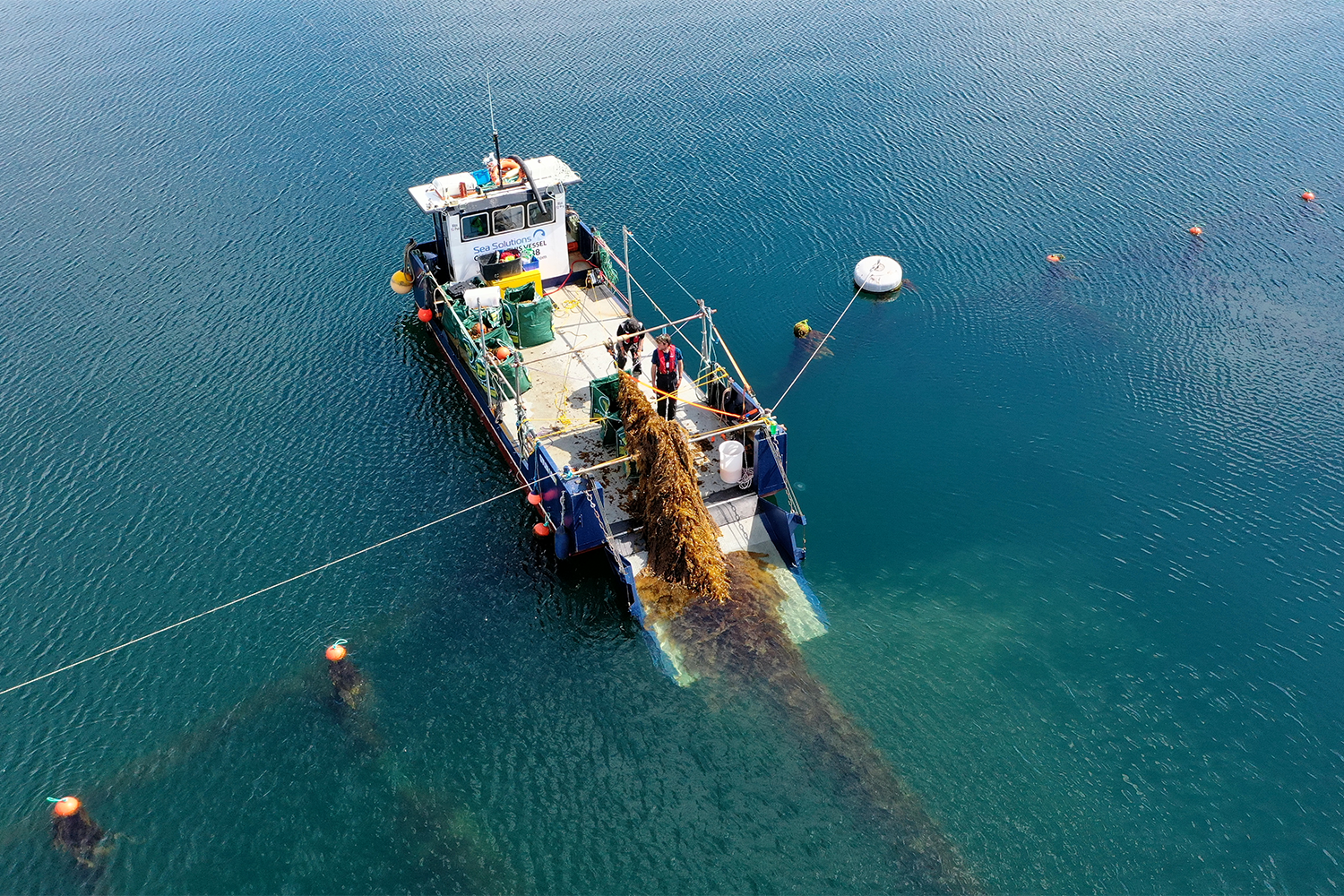
The United Kingdom’s emerging seaweed farming sector needs the backing of the public now in order for long-term success, the findings of a new report from Scottish Association for Marine Science (SAMS) have discovered.
The Social Licence for Seaweed Farming project, funded by the World Wide Fund for Nature (WWF), has resources for would-be seaweed farmers to build social license, which refers to activities that have gained public support.
Lead author Dr. Suzi Billing of SAMS said the report, which was launched at the Scottish Seaweed Industry Association annual meeting in Oban, also offers data from a two-year study of attitudes toward seaweed farming from a range of communities and stakeholders.
“Seaweed farming is at an early stage of development in the UK and Europe but there is increasing interest from investors. It is seen as a great example of nature-based solutions and is appealing for its potential socio-economic effect, particularly in rural areas,” Billing said. “At this stage of development, it is important that seaweed farming learns lessons from more established forms of aquaculture. There must be a relationship between the operator and the community before a seaweed farm goes to the planning stage so that people know what they’re getting. It is difficult to do that retrospectively, as the operator is seen as less trustworthy. Considering social license to operate in the early planning makes the planning application stages easier for all stakeholders.”
Playing favorites: How selective breeding can grow the seaweed sector
The report, which stresses the importance of understanding social context when considering site selection, finds that people were more likely to accept and support seaweed farming when positive relationships were already established and, critically, when the industry as a whole is perceived as sustainable.
“As we move forward in this exciting journey, social license is going to be pivotal in fostering trust, acceptance and ensuring that any benefits of seaweed aquaculture are genuinely felt and understood by local people,” said Mollie Gupta, WWF-UK Seaweed Solutions project manager. “It is only with social license that we will be able to responsibly and sustainably scale up seaweed aquaculture, and in doing so achieve the potential benefits for nature, people and climate.”
Now that you've reached the end of the article ...
… please consider supporting GSA’s mission to advance responsible seafood practices through education, advocacy and third-party assurances. The Advocate aims to document the evolution of responsible seafood practices and share the expansive knowledge of our vast network of contributors.
By becoming a Global Seafood Alliance member, you’re ensuring that all of the pre-competitive work we do through member benefits, resources and events can continue. Individual membership costs just $50 a year.
Not a GSA member? Join us.
Author
Related Posts
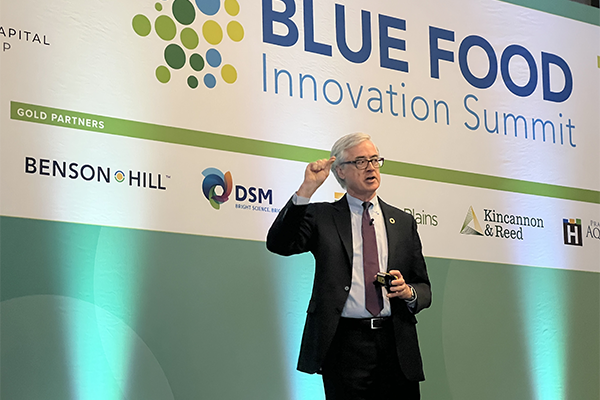
Innovation & Investment
Blue Food Innovation Summit a deep dive into ‘an agenda full of opportunity’
Attendees of the Blue Food Innovation Summit were urged to “raise the bar for what good production looks like" in fisheries and aquaculture.
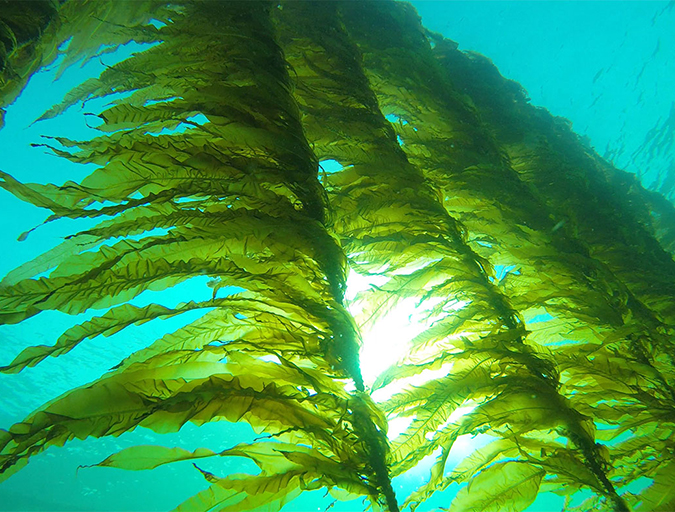
Responsibility
Can aquaculture flourish in a more symbiotic sea?
The 18-month Maribe project has uncovered some promising ideas for promoting growth and jobs within the blue economy. Aquaculture, fingered as one of five key areas for growth, could benefit from collaboration with renewable energies.
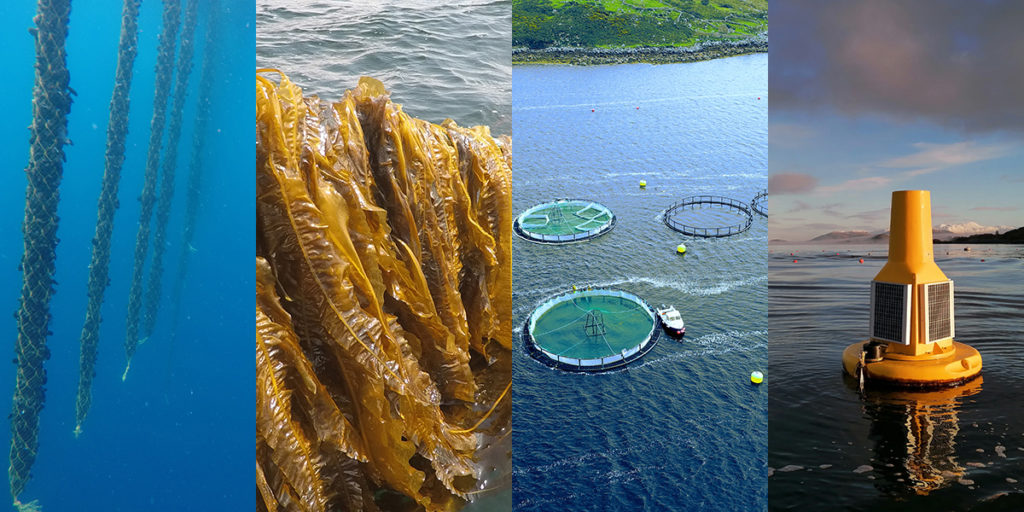
Responsibility
Conscious coupling: Can IMTA gain a foothold in Europe?
Integrated multitrophic aquaculture (IMTA) isn’t widely practiced in Europe but new findings indicate that farming multiple species on one site can work.
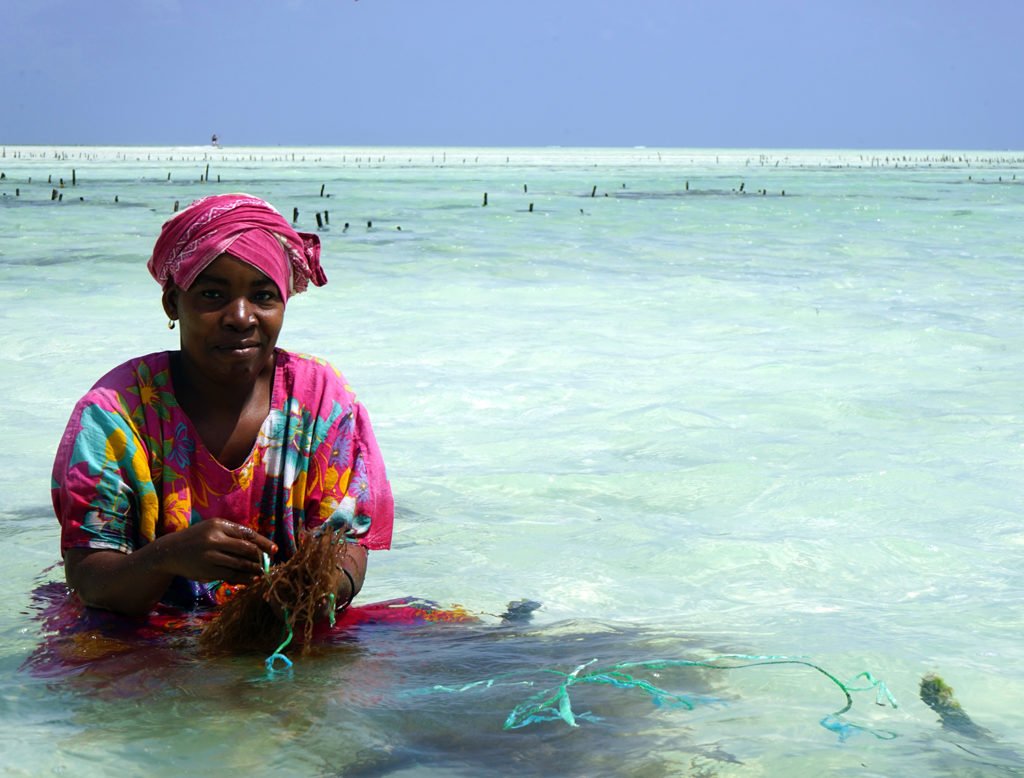
Responsibility
Ocean permaculture: Air conditioning for warming seas
Combining geophysical fluid dynamics and marine biology, Brian Von Herzen’s visionary technology will soon be tested off the coast of Massachusetts before export to the Indian Ocean.



